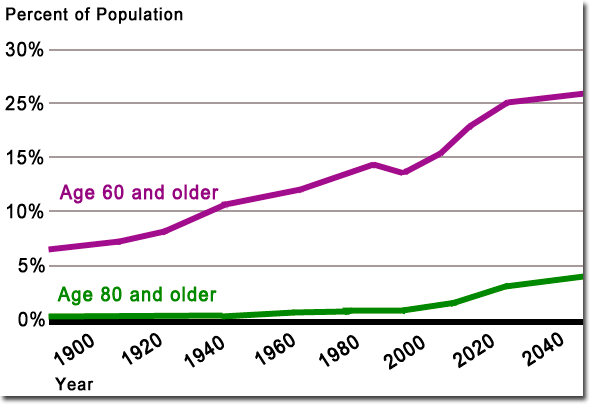|
Elder Abuse Awareness
 If elder abuse happened to me, Mickey Rooney,
it can happen to anyone.  — The late Actor Mickey Rooney, testifying to the Senate Special Committee on Aging, March 2011
|
|

What is Elder Abuse?
|
|

The Prevalence of Elder Abuse
Elder Abuse is increasing, but it is estimated that for every one case of elder abuse reported to authorities, about five more go unreported.
Because of the lack of comprehensive national data collection, no one knows the precise number of older Americans being abused, neglected, or exploited. However, accumulated evidence and some early studies are revealing the magnitude of the problem.
- In 2003, the U.S. government estimated that perhaps 2 million older Americans has experienced Elder Abuse.
- A 2011 report estimated that in the past year 14.1 percent of noninstitutionalized older adults had experienced physical, psychological, or sexual abuse; neglect; or financial exploitation. This translates to possibly about 6 million people!
- The prevalence of Elder Abuse is likely to begin increasing by millions: As more and more baby boomers reach retirement, elders are becoming an increasing percentage of the population—from about 15% in 2000 to over 25% by 2040.
- However, all of these figures may be underestimating incidences of Elder Abuse, because most incidences go unreported, and studies have not yet surveyed all types of abuse and all categories of older adults.
Growth in Percentage of U.S. Elderly Population:
1900 to 2050

Source: Analysis of U.S. Census Bureau data by Administration on Aging

The Victims
All elderly people are potential victims of Elder Abuse. While Elder abuse is occurring in many domestic and institutional settings, it is frequently not obvious.
Particularly vulnerable to abuse, neglect and exploitation are elderly and disabled adults who are unable to provide for their daily needs or who are cognitively impaired.
Many victims are reluctant to tell anyone about the abuse because they may not see themselves as being exploited, or are ashamed that family members or caretakers, on whom they depend, have mistreated them. Victims often do not report abuse because they fear the consequences if help is taken away, or fear possible physical or emotional retaliation.

 How You Can Help How You Can Help
As a nonprofit organization, most of IMPACT PSA's funding must come from donations from individuals, foundation grants, and corporate underwriting. We invite you to make a tax-deductible donation, securely online or by mail.
Please say "Yes!"
Donate
|
"Elder Abuse is a term referring to any knowing, intentional, or negligent act by a caregiver or any other person that causes harm or a serious risk of harm to a vulnerable adult."
~ Department of Health and Human Services
U.S. Administration on Aging / National Center on Elder Abuse (NCEA)
Major Types of Elder Abuse
While definitions of Elder Abuse vary because of variations in terms used in Federal and state laws, the lack of a uniform reporting system, and the lack of comprehensive data collection—the most prevalent forms of domestic elder abuse are broadly defined by the NCEA as:
| TYPE |
DESCRIPTION |
EXAMPLES |
| Physical abuse |
Use of physical force against an older adult that may result in bodily injury, physical pain, or impairment. |
Striking with an object, hitting, pushing, shoving ... |
| Sexual abuse |
Nonconsensual sexual contact of any kind with an older adult. |
Unwanted touching, rape, sodomy, coerced nudity. |
Psychological abuse
Includes emotional & verbal abuse |
Infliction of anguish, pain, or distress on an older adult through verbal or nonverbal acts. |
Verbal assaults, insults, threats, intimidation, humiliation, and harassment. |
| Financial exploitation |
Illegal or improper use of an older adult's funds, property, or assets. |
Cashing an older adult's checks without authorization. Forging an older adult's signature. Misusing or stealing an older adult's money or possessions. |
Neglect
or Abandonment
|
Refusal or failure to fulfill any part of a person's obligation or duties to an older adult. |
Refusing or failing to provide an older adult with such necessities as food, water, clothing, shelter, personal hygiene, medicine, comfort, personal safety, and other essentials. |
Source: Based on a chart by the National Center on Elder Abuse
|
IMPACT PSA Inc. is a 501(c)(3) not-for-profit organization. All contributions are tax-deductible as allowable by law.
|
|

